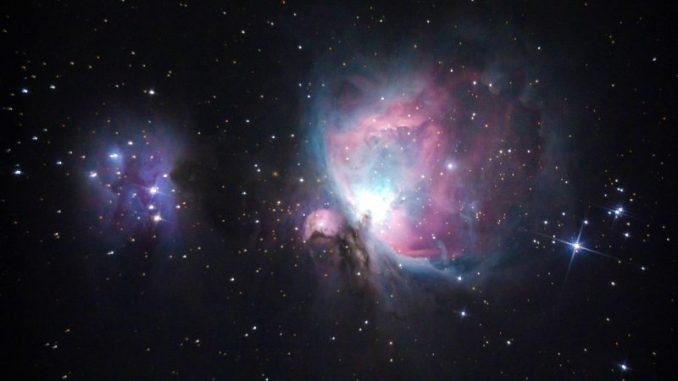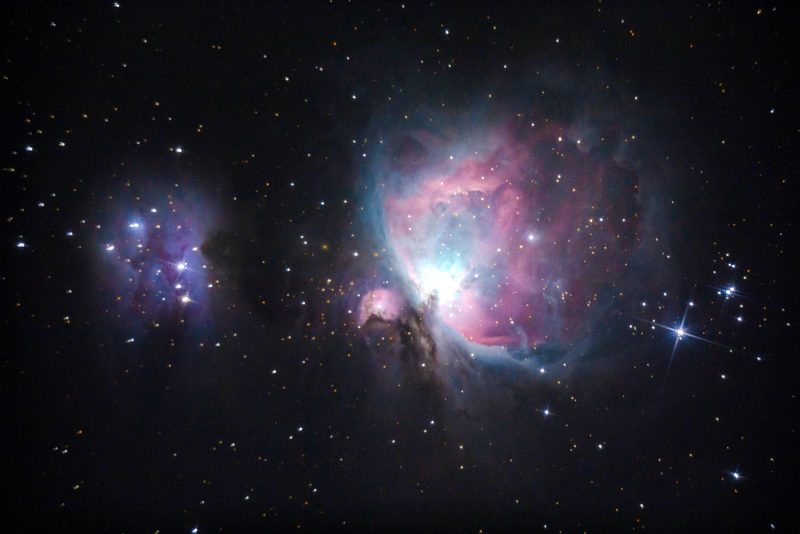

OAN’s Stephanie Stahl
12:42 PM – Monday, November 6, 2023
The oldest black hole in the universe was reportedly discovered by an international team of astrophysicists looking at X-rays through NASA telescopes.
Advertisement
The recent findings were published on Monday, validating long-standing theories about the existence of supermassive black holes during the universe’s early stages.
The collaborative efforts of NASA’s James Webb Space Telescope and the Chandra X-Ray Observatory were pivotal in making these observations.
Given the universe’s estimated age of 13.7 billion years, according to scientists, this black hole’s age is now estimated to be around 13.2 billion years.
Something that was even more astonishing to the scientific community was the sheer enormity of this black hole, which is ten times larger than the black hole found at the center of our Milky Way galaxy and an estimated 10 to 100 million times more massive than the sun.
Michael Strauss, a professor of astrophysical sciences at Princeton who discussed the findings with researchers but was not involved with the team, called it “one of the most dramatic discoveries to come out of the James Webb Space Telescope.”
“It completely smashes the old record,” Strauss said.
Researchers believe its mass may range from 10% to 100% of the combined mass of all the stars within its galaxy. This is a striking contrast to the relatively minuscule proportions of black holes in our Milky Way and neighboring galaxies, according to scientists.
“It’s just really early on in the universe to be such a behemoth,” said Yale University’s Priyamvada Natarajan, who took part in the study published in Nature Astronomy.
The researchers intend to use these findings, along with other data from the Webb telescope and from collaborative efforts with other observatories, to construct a more comprehensive understanding of the early universe.
Stay informed! Receive breaking news blasts directly to your inbox for free. Subscribe here. https://www.oann.com/alerts

Be the first to comment